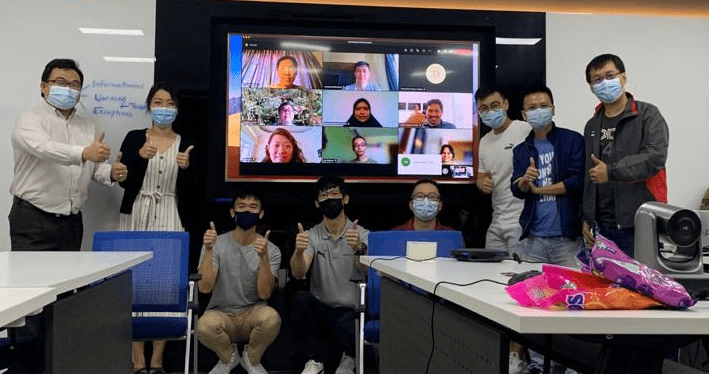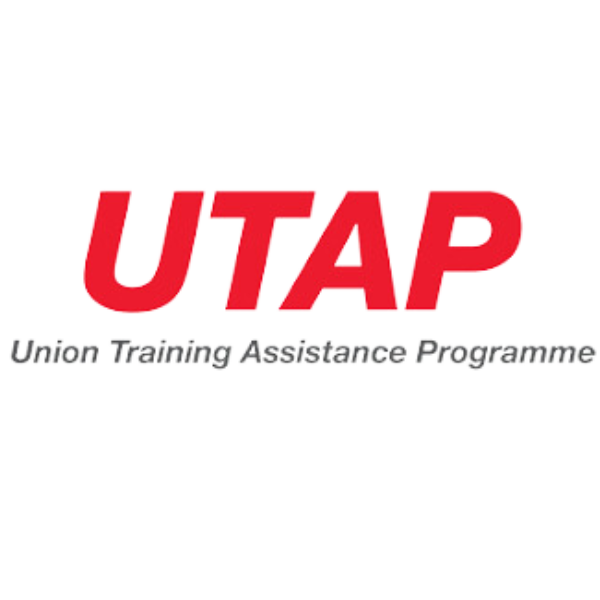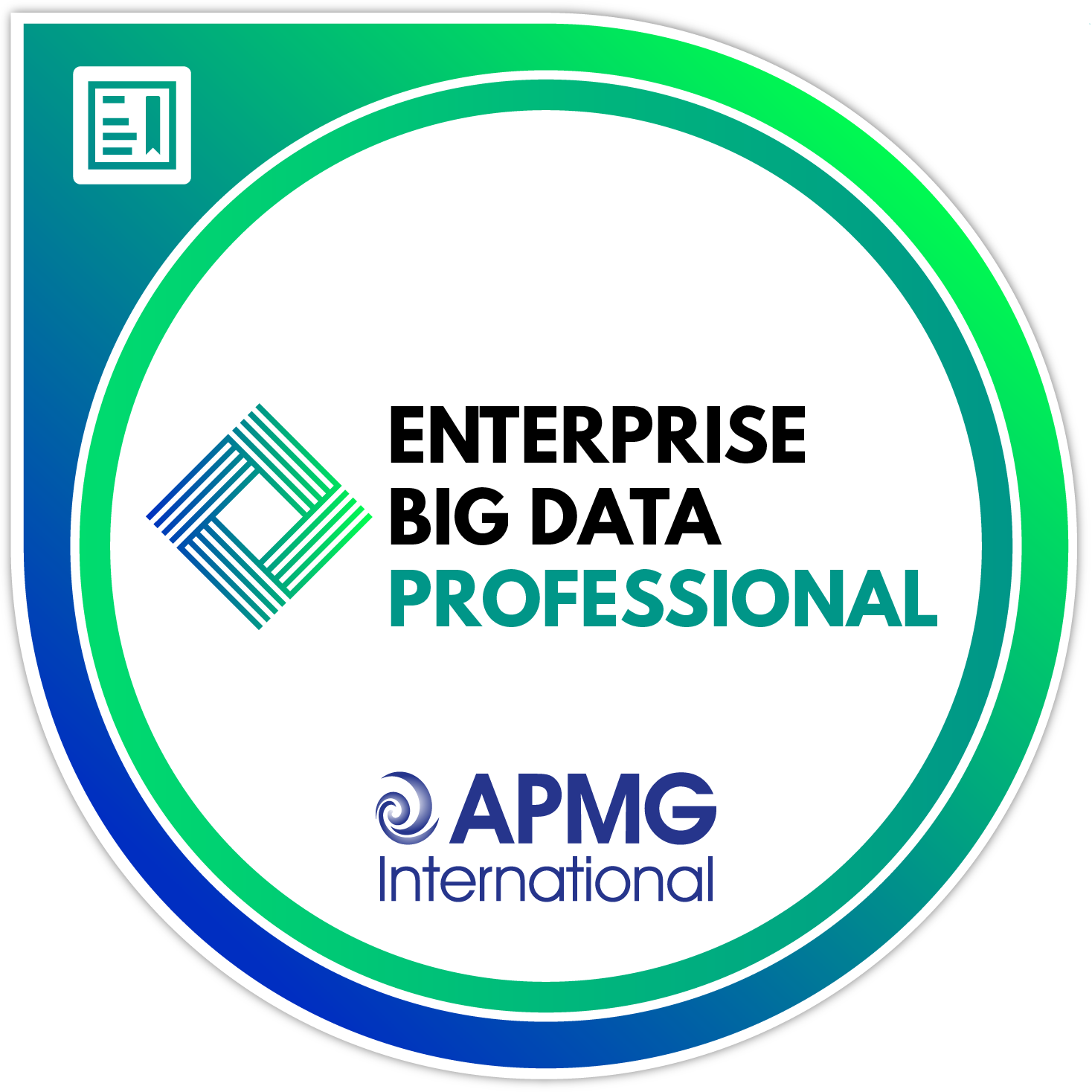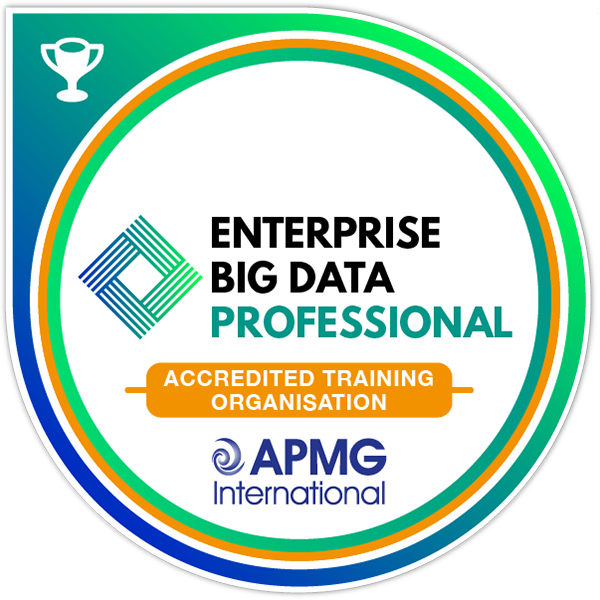Get involved with the future: Unleash the Power of Big Data
Information is Power. Become a Big Data expert with the Enterprise Big Data Professional course. Learn to harness the power of Big Data, AI, and machine learning to drive innovation and business growth.

Funding Available

IBF Funding
IBF Funding
SkillsFuture Credit
SkillsFuture Credit

Supported by UTAP
Supported by UTAP
Introduction
Enterprise Big Data Professional (EBDP)
IBF Funding Course ID: TGS-2022602198
Course duration: 3 days, 9am – 5pm
An instructor-led classroom training for delegates with a strong foundation of the fundamental concepts and theories of Big Data. The curriculum of this course focuses on the six core modules of the Big Data Framework and discusses fundamental theories in statistics and machine learning. This certification is a prerequisite for all of the other Big Data Framework courses.
- Introduction to Big Data & Big Data characteristics
- Data analysis, analytics, business intelligence and Big Data
- Data products and Big Data solutions
- Machine Learning & Artificial Intelligence
- The structure of the Big Data Framework
- Big Data Strategy & Big Data Architecture
- The NIST Big Data Reference Architecture
- Distributed data storage and processing
- Hadoop open-source software framework
- How Hadoop can be used in real life scenarios
- Database technologies
- Big Data Algorithms
- Statistical Inference, Correlation and Regression
- Classification, Clustering, Outlier Detection and Data Visualisation
- Big Data Processes
- Data Analysis Process, Data governance process, Data management processes
- Setting up a Big Data organisation
- Discovery of new patterns and data relationships impacting the business
- A greater understanding of customers to more precisely target products and services
- Enhanced decision-making by collecting more exact and detailed information
- Greater ability to accurately predict business outcomes and trends
- Accelerate the identification and correction of operational problems
- Improve the development of new and existing products and services
- Individuals and organisations seeking proficiency in enterprise analytics, machine learning and big data.
- Individuals seeking a working knowledge of the principles behind Big Data, terminologies and theories behind industry practices
- Data Analysts
- Business Analysts
- IT Advisors
- IT Professionals
EXAMINATION FORMAT
- 60 Multiple Choice Questions
- 1 mark per correct answer
- 39 marks required to pass (out of 60 available) – 65%
- 90 minutes duration
- Closed-book
Why Us?
Complimentary refresher
Participants can attend a complimentary refresher if they wish(1-year validity and subject to approval)
Post-training support
Should you have questions after the course, you may contact the trainer for assistance regarding course material
E-learning Portal Access
1 year access to our E-learning portal. Including: - E-books available for download - Official sample exam - Randomised quiz formulated by Sapience Trainers based on past examinations
Meet Your Trainer
Principal Consultant
Sapience Consulting
Principal Consultant
Sapience Consulting
Consultant
Sapience Consulting
Senior Consultant
Sapience Consulting







